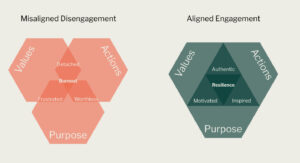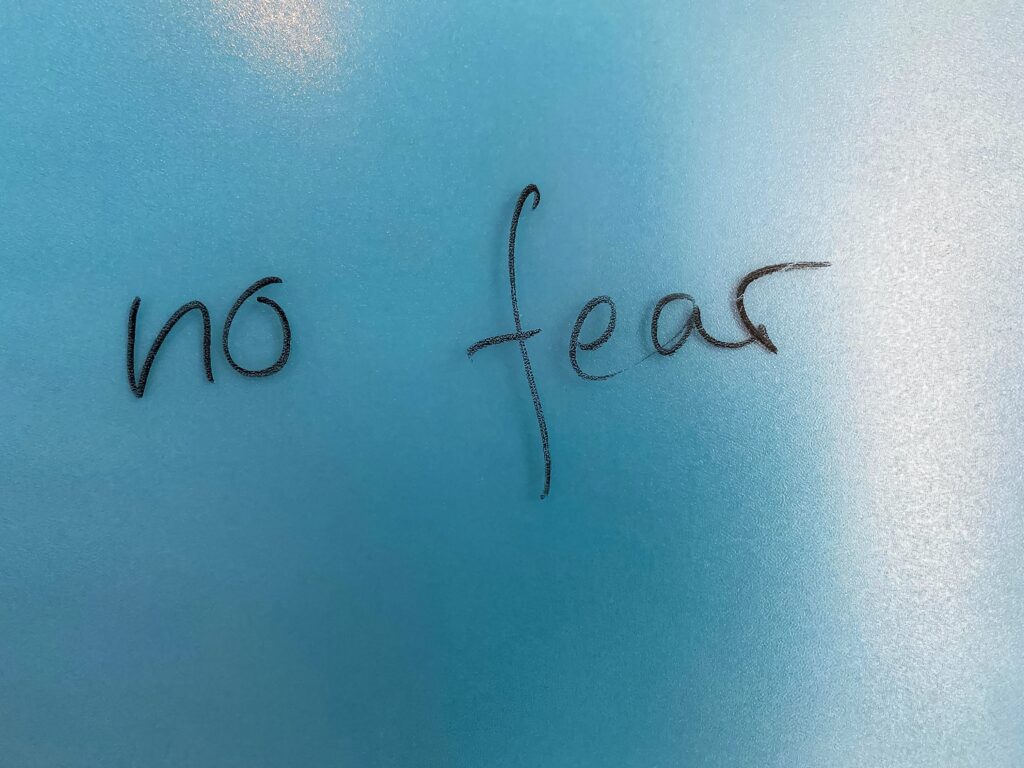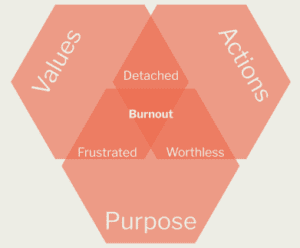
Organisational Success: Strategies for Excellence
Translating values into culture – what does it take?
Picture this: A thriving business, a group of dedicated employees, and a clear sense of purpose that unites them. It’s a vision many organisations strive to achieve, but the journey from values to culture is often a challenging one. In the corporate world, the terms “values,” “culture,” and “purpose” are not just buzzwords, but the very essence of what makes or breaks a company’s success. These three terms are distinct, yet inextricably linked and at the root of many of the issues our current and prospective clients are grappling with, whether they know it or not.
Corporate values are the building blocks of corporate culture. Once operationalised, they should be shaping the culture of your business, that is, the attitudes and the behaviours that are both expected and accepted by the workforce and its leaders. A healthy and thriving business culture, in turn, is the unique way in which a business breathes life into its purpose, its raison d’être. Therefore, without clarity on values and, crucially, the ability to translate them into attitudes and tangible behaviours (culture), businesses ultimately will struggle to fulfil their aspirational reason for existing.
The Power of Purpose
Why does purpose matter so much? Evidence from academia and industry highlights the profound impact of living your purpose as a business—it’s far more than just a lofty aspiration. Aligning your workforce with a shared purpose correlates with strong financial performance.
A study conducted by the Harvard Business Review Analytics Service suggests that a strong sense of purpose within a business is correlated with business growth. Within the study, 58% of executives surveyed who are working for companies with a strong sense of purpose report 10%+ growth within the previous year, compared to only 51% of those working for companies who are currently in the process of on defining their purpose and 42% of those working for companies who neither have a strong sense of purpose nor are working on defining one.
One primary way through which purpose catalyses growth is by boosting employee engagement. Feeling part of something greater than oneself leads to high engagement levels, creativity, and collaboration across an organisation. Employees are motivated by intrinsic meaning, contributing to something worthwhile, in addition to financial rewards or status.
“The sense of being part of something greater than yourself can lead to high levels of engagement, high levels of creativity, and the willingness to partner across functional and product boundaries within a company, which are hugely powerful. Once they’re past a certain financial threshold, many people are as motivated by intrinsic meaning and the sense that they are contributing to something worthwhile as much as they are by financial returns or status”
Rebecca Henderson [John and Natty McArthur University Professor at Harvard Business School, quoted in HBR Review Analytic Service Report]
The Role of Culture in Purpose Alignment
In turn, engagement peaks when employees and leaders feel aligned with the organisation’s purpose through its culture. Authentic daily behaviours and decisions are essential for purpose to serve as a meaningful guide. Data on US employees’ perceptions of their corporate culture collected by Gallup (2023) shows that those who feel connected to their workplace culture are nearly four times more likely to feel engaged with their work as those who don’t; they are also less likely to experience burnout at work.
Operationalising values into a healthy workplace culture is a crucial step toward empowering a creative and thriving workforce that embodies the business’s purpose.
Struggling to Translate Values into Culture? You’re Not Alone
While having clear values that inspire action within your organisation is essential, it’s just the beginning of the journey. In today’s world, where profit considerations are accompanied by sustainability and ethics, discussing values is becoming increasingly common and expected in businesses. A recent study by Sull, Sull, and Turconi (2020) examined nearly 700 large US-based companies and found that 80% had officially published their corporate values on their websites. This aligns with the findings of Guiso, Sapienza, and Zingales (2015), who studied a sample of S&P 500 companies and discovered that over 85% of them publicly discussed their values.
However, when it comes to putting these values into practice and using them to shape corporate culture, many companies fall short. To gauge the disparity between aspirations and reality, Sull et al. (2020) analysed more than 1.2 million Glassdoor reviews of company culture in US businesses. They compared these reviews with the values that companies advertised on their websites. Surprisingly, they found no significant correlation between the stated values and employees’ perceptions of company culture. This suggests that while some companies aspire to be guided by specific values, the actual culture experienced by their employees doesn’t accurately reflect these ideals.
Similarly, Guiso et al. (2015) discovered no discernible connection between adhering to stated values and critical business outcomes like Tobin’s Q value, profitability, or the likelihood of class action lawsuits. However, it’s worth noting that there was a relationship with customer satisfaction. This could imply that for some businesses, values have more of an external focus than an internal one, or worse, they are merely a façade. This underscores the challenge of translating clear values into effective behaviours within organisations.
Why Is There a Disconnect, and How Can We Fix It?
Our experience with clients suggests that embedding values (and culture) can be challenging for two reasons.
First, to effectively embed values, they must align with employees’ own values.This alignment ensures that employees’ attitudes drive behaviours leading to effective results in sync with the corporate purpose.
Value alignment is increasingly important for today’s workforce, especially for Generation X and Millennials, who are willing to reject job offers and assignments that don’t align with their values.
A global study by Deloitte (2023) found that four in ten employees from these generations (44% of Gen Z and 37% of Millenials) who are in senior positions have rejected a job and/or assignment based on their personal ethics.
However, even when employees share their company’s values, two issues can arise. First, there may be a lack of clarity on which behaviours collectively contribute to the shared purpose. Second, employees may consciously or unconsciously doubt that adopting these behaviours will lead to desired results.
At The Hive, we collaborate closely with clients to ensure that the values we embed are expressed in a language that helps employees connect their day-to-day reality with the overarching purpose. We also assist in defining a clear, bespoke set of behaviours that leaders and employees should display to support the business’s purpose.
Our training and coaching focus on these behaviours, and we encourage clients to celebrate wins along the way. This public recognition and acceptance of these behaviours as drivers of effective results increase their likelihood of adoption. When a workforce fully aligns with the business’s values through clear behaviours and social norms and connects with a shared purpose, it becomes motivated, inspired, and resilient.
If you would like to know more about how we can help, talk to us! Let’s chat today.
References
Harvard Business Review Analytic Service & Ernst and Young Beacon Institute, The business case for purpose, HBR Analytic Service Report
Gallup 2023, Indicators – Organizational Culture
Sull, D., Sull, C., Turconi, S., 2020, When it comes to culture, does your company walk the talk?, MIT Sloane Management Review
Guiso, G., Sapienza, P., Zingales, L., 2015, The Value of Corporate Culture, Journal of Financial Economics 117 (2015) 60-76
Deloitte, 2023, Global Gen Z and Millenials Survey














































